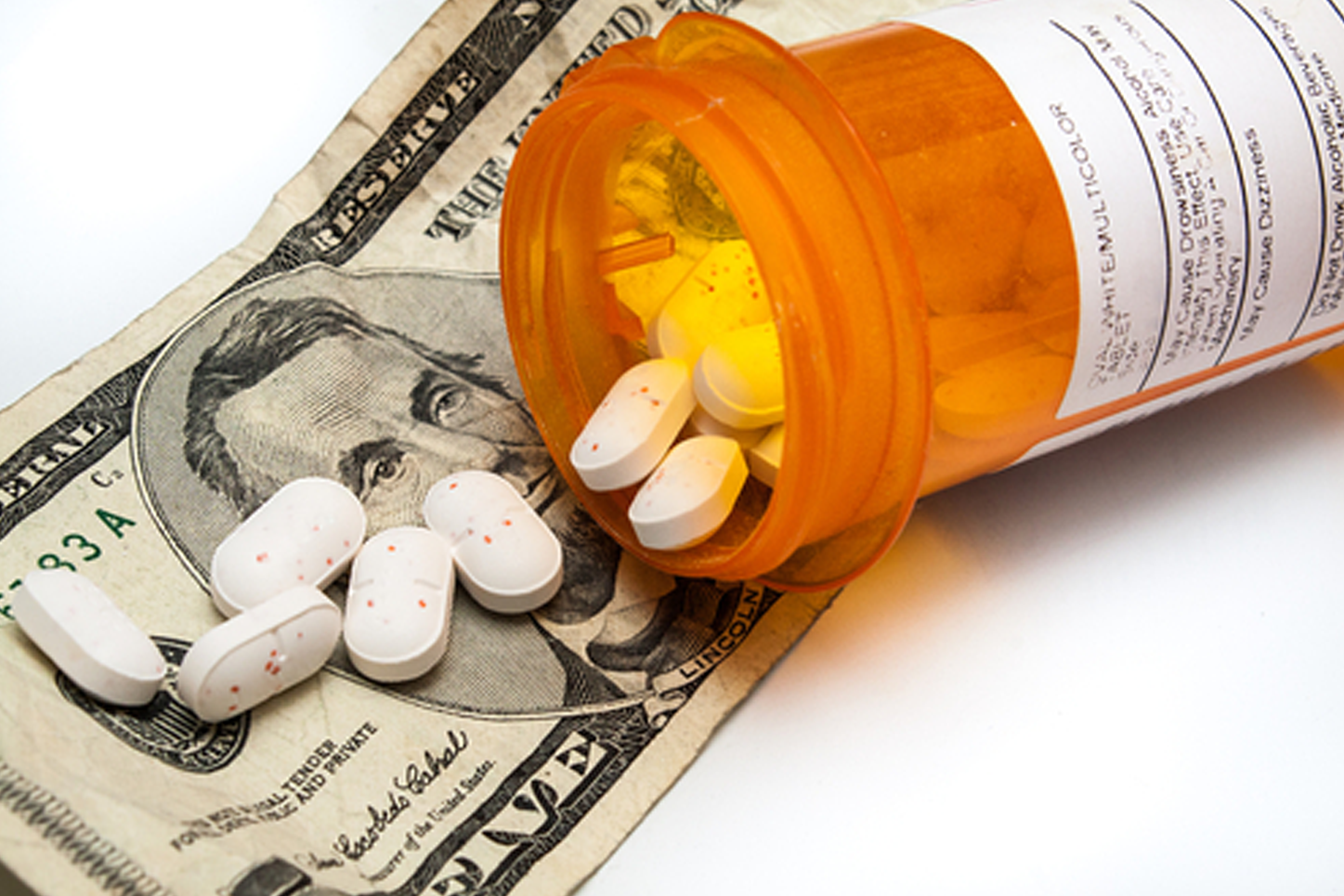Adderall is a drug classified as a stimulant of the central nervous system (consisting of your brain and spinal cord). It is a combination of amphetamine and dextroamphetamine, which act on three particular neurotransmitters in the brain:
- Dopamine
- Serotonin
- Norepinephrine
As a result, Adderall can help you concentrate and calm down. These effects make the drug useful in treating attention deficit hyperactivity disorder (ADHD) and narcolepsy, a sleep disorder that makes you extra drowsy during the day. In fact, Adderall is approved by the Food and Drug Administration (FDA) for the treatment of these two conditions.
However, Adderall can be abused in non-medical situations. College students and young professionals, in particular, use Adderall as a performance-enhancing drug. Some students say it helps them focus when studying, and some professionals mention that they can work better when on the drug.
Other people use Adderall to get a euphoric high. They take unusually large doses of the drug to achieve this, which is harmful.
If you abuse Adderall, chances are you will eventually become addicted to it. Treatment for such an addiction involves Adderall detox. Read on to find out more details about this process and its costs.
Why is Adderall addictive?
 If you abuse this drug, you are prone to addiction because of its effects on the brain. As you continue taking Adderall, it keeps influencing the levels of serotonin, dopamine, and norepinephrine in your brain.
If you abuse this drug, you are prone to addiction because of its effects on the brain. As you continue taking Adderall, it keeps influencing the levels of serotonin, dopamine, and norepinephrine in your brain.
Pretty soon, your brain will become accustomed to this effect, and this will become “normal.” In effect, you will keep craving more Adderall to maintain that same level of stimulation.
Eventually, you will no longer be able to function properly without taking Adderall. At this point, an addiction to the drug has developed, prompting the need for Adderall detox.
How would I know if I have an Adderall addiction?
If you become addicted to Adderall, you will exhibit these typical drug-seeking behaviors:
- Ditching responsibilities to make more time for taking the drug
- Seeking secluded or isolated places to take the drug
- Neglecting personal grooming and hygiene
- Spending lots of time and money to take the drug
- Going to different doctors and presenting with fake symptoms to get several prescriptions for Adderall (doctor shopping)
- Intentionally staying distant from family and friends
Any of these behaviors can interfere with your normal lifestyle. At this point, you may want to stop taking so much of the drug, but you’ll find that it’s extremely difficult to quit.
Any time you try to stop taking Adderall, you will soon experience an Adderall crash. This is when the pleasurable effects wear down, and you will crave the drug more. An Adderall crash is also known as withdrawal, and it includes symptoms such as:
- Insomnia
- Blurry vision
- Dry mouth
- Rapid heartbeat
- High blood pressure
- Dizziness
- Restlessness
- Fatigue
- Paranoia
- Panic attacks
- Seizures
- Depression
- Suicidal tendencies
Moreover, progressively increasing your dose of Adderall can lead to an overdose. It can prove fatal, and symptoms of an overdose include:
- Vomiting
- Nausea
- Tremors
- Fainting
- Fever
- Fast breathing
- Fast heart rate
- Seizures
- Chest pain
- Heart attack
Addiction should be taken as a serious illness because of the many dangers. If you have become addicted to Adderall, it is best that you seek professional help immediately.
What is Adderall Detox?
 Drug detoxification (detox) is often the first step in a comprehensive rehab program. The goal of detox is to eliminate all traces of Adderall in your body while helping you get used to the absence of the drug. Withdrawal symptoms may be managed through medications, and you will get round-the-clock medical supervision.
Drug detoxification (detox) is often the first step in a comprehensive rehab program. The goal of detox is to eliminate all traces of Adderall in your body while helping you get used to the absence of the drug. Withdrawal symptoms may be managed through medications, and you will get round-the-clock medical supervision.
Decreasing your intake of Adderall is often done gradually. This is a method known as tapering, and it is what medical professionals recommend to more easily manage withdrawal. If you quit Adderall “cold turkey”, you are more vulnerable to severe and uncomfortable withdrawal symptoms.
How much does detox cost?
Detox is by no means cheap. It can cost anywhere from $600 to $1,000 per session. Moreover, drug detox is only one part of a more comprehensive rehab program, which is what you will need to successfully recover from an Adderall addiction.
These costs are prohibitive, which is why most people who suffer from an Adderall addiction do not go through with treatment. Those without the money can hardly afford the costs out of their own pockets.
Thankfully, health insurance can help you pay for the cost of rehab.
Private health insurance
If you have private health insurance, talk to your provider to find out which aspects of addiction treatment are covered. Most insurers do not cover 100% of the total cost of treatment, but they can take the bulk of the financial burden.
Also, consult with your preferred rehab facility if they accept your insurance provider. Not all facilities are in-network with all insurers.
Medicare or Medicaid
 By law, Medicare and Medicaid are required to cover mental health services, which include drug detox and rehab. If you qualify for either Medicare or Medicaid, talk to your preferred rehab center if they accept government health insurance. Medicare or Medicaid may also offset the cost of treatment by a significant amount.
By law, Medicare and Medicaid are required to cover mental health services, which include drug detox and rehab. If you qualify for either Medicare or Medicaid, talk to your preferred rehab center if they accept government health insurance. Medicare or Medicaid may also offset the cost of treatment by a significant amount.
Low-cost or no-cost rehab centers
In case you do not have health insurance and your income level is low, you can opt to enroll in low- or no-cost rehab centers. Your state government can help you locate one near you.
What happens after detox?
Detox is just the first step of a complete recovery program. After detox, you will go through many rounds of behavioral therapies designed to train you to actively pursue a sober lifestyle. These therapies include:
- Cognitive behavioral therapy
- Support groups
- Family therapy
- Use of recreational facilities
You could either be in an outpatient or an inpatient rehab program depending on how severe your addiction is. Outpatient programs are helpful for a mild addiction, and here, you only have to go to the rehab center during therapy sessions. In inpatient rehab, you have to stay for a while in a rehab facility until the program is over.


